Ever found yourself lost in the labyrinth of the milk aisle, bewildered by the kaleidoscope of “milk” options that don’t actually involve cows? You’re not alone. The plant-based milk craze has exploded in recent years, transforming the dairy aisle into a vibrant tapestry of alternatives. But with so many choices – from creamy cashew to trendy oat – how do you navigate this dairy-free landscape and find the perfect milk for your needs? Let’s embark on a journey to demystify the world of plant-based alternatives and discover how you can ditch the moo juice without sacrificing taste or nutrition.
Why Ditch the Moo Juice? The Rise of Plant-Powered Milk
The reasons for the plant-based milk boom are as diverse as the milks themselves. For some, it’s a matter of health. Lactose intolerance, a common condition where the body struggles to digest lactose (the sugar found in milk), affects a significant portion of the population. Plant-based milks offer a delicious and easily digestible alternative.
Others are motivated by ethical concerns surrounding animal welfare in the dairy industry, or by the environmental impact of dairy farming, which involves significant water use and greenhouse gas emissions. Still others simply crave variety or want to explore new flavors and textures. Whatever your motivation, the plant-based milk scene has something to offer everyone.
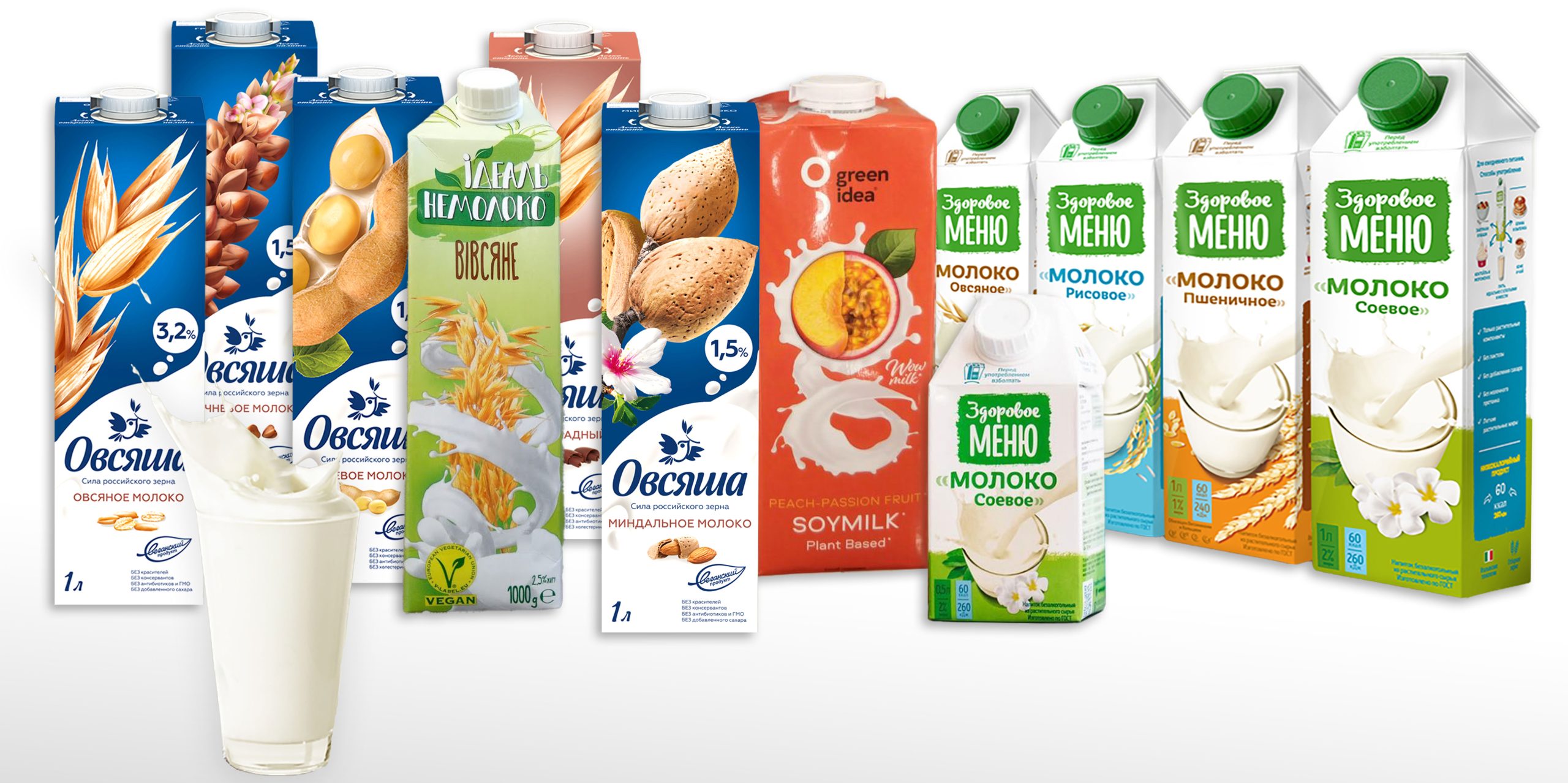
Dairy Milk: The Classic, But Is It for Everyone?
Dairy milk has long been a staple in many diets, and for good reason. It’s a good source of calcium, vitamin D, and protein, all of which are essential for healthy bones and bodies. But it’s not without its drawbacks. Lactose intolerance can make dairy milk a source of discomfort for many, and the saturated fat and cholesterol content can be a concern for those watching their heart health. Additionally, the ethical and environmental implications of dairy farming have led many to seek out more sustainable and compassionate alternatives.
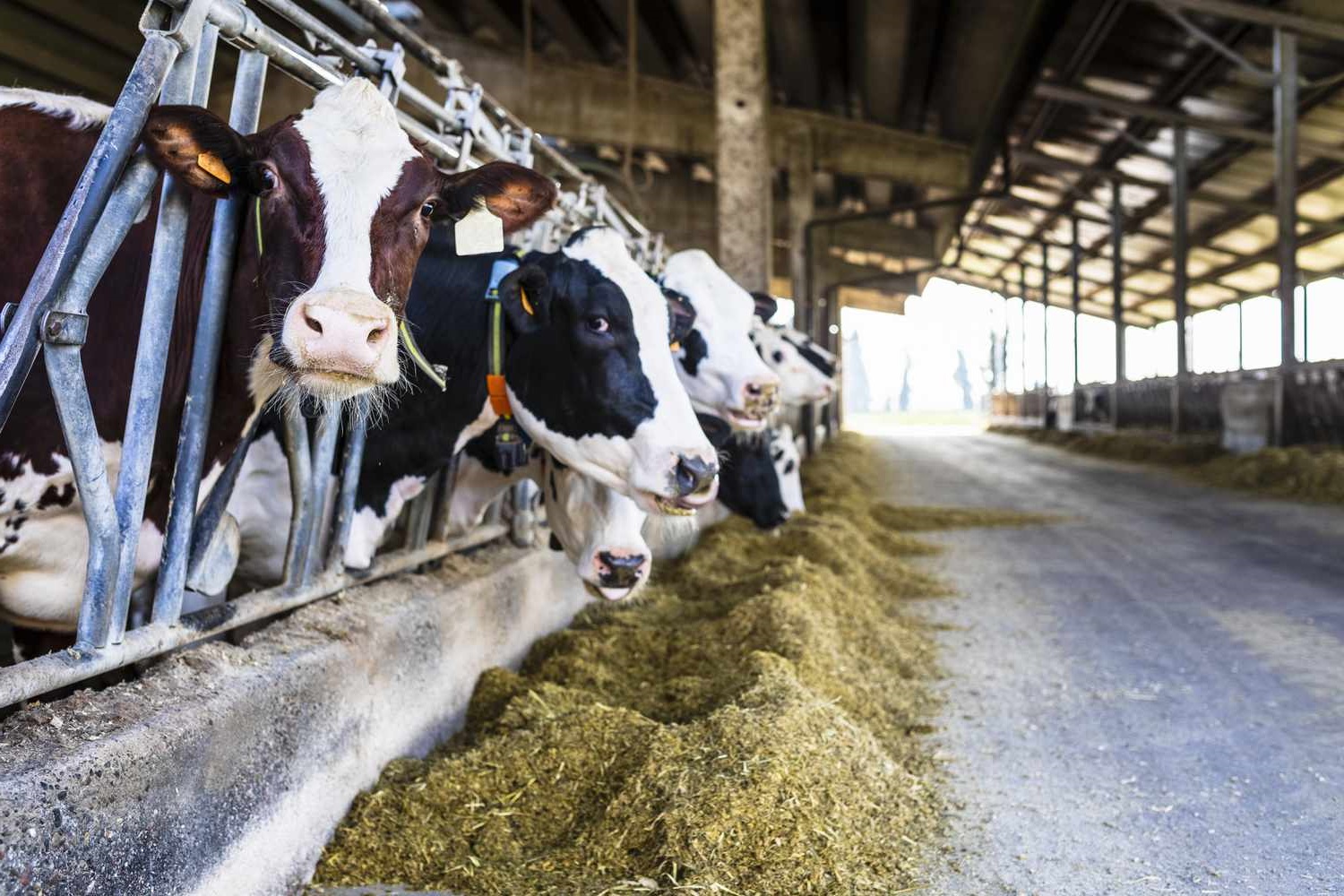
So Many Milks, So Little Time: The Plant-Based Line-Up
The plant-based milk world is a vibrant and ever-evolving one, with options to suit every palate and dietary need. Here’s a closer look at some of the major players:
-
Nut Milks (Almond, Cashew, etc.): These creamy, subtly sweet milks are often a popular choice for their smooth texture and delicate flavor. Almond milk, with its slightly nutty taste, is a versatile option for both drinking and cooking. Cashew milk, known for its rich and buttery consistency, lends itself well to creamy sauces and desserts. While nut milks are naturally low in protein, many brands offer fortified versions with added protein and calcium.
-
Oat Milk: This rising star has taken the world by storm, and for good reason. Its naturally sweet and creamy flavor makes it a perfect match for coffee, cereal, and smoothies. Oat milk is also often fortified with calcium and vitamin D, making it a nutritious choice for those seeking a dairy-free alternative. However, it’s important to note that some brands may contain added sugars, so be sure to check the label.
-
Soy Milk: A long-time favorite among vegans and those with dairy allergies, soy milk is a nutritional powerhouse. It’s one of the few plant-based milks that naturally contains a comparable amount of protein to dairy milk. Soy milk is also a good source of potassium and iron. While some find its flavor a bit “beany,” newer brands have made significant strides in improving the taste and texture.
-
Other Plant Milks (Pea, Rice, Hemp, etc.): The world of plant-based milk doesn’t end with nuts, oats, and soy. Pea milk is a relative newcomer, but it’s quickly gaining popularity thanks to its impressive protein content and creamy texture. Rice milk, naturally sweet and hypoallergenic, is a good option for those with allergies. Hemp milk, made from hemp seeds, offers a unique nutty flavor and a dose of omega-3 fatty acids. And for those seeking a fiber boost, flax milk is a good choice.
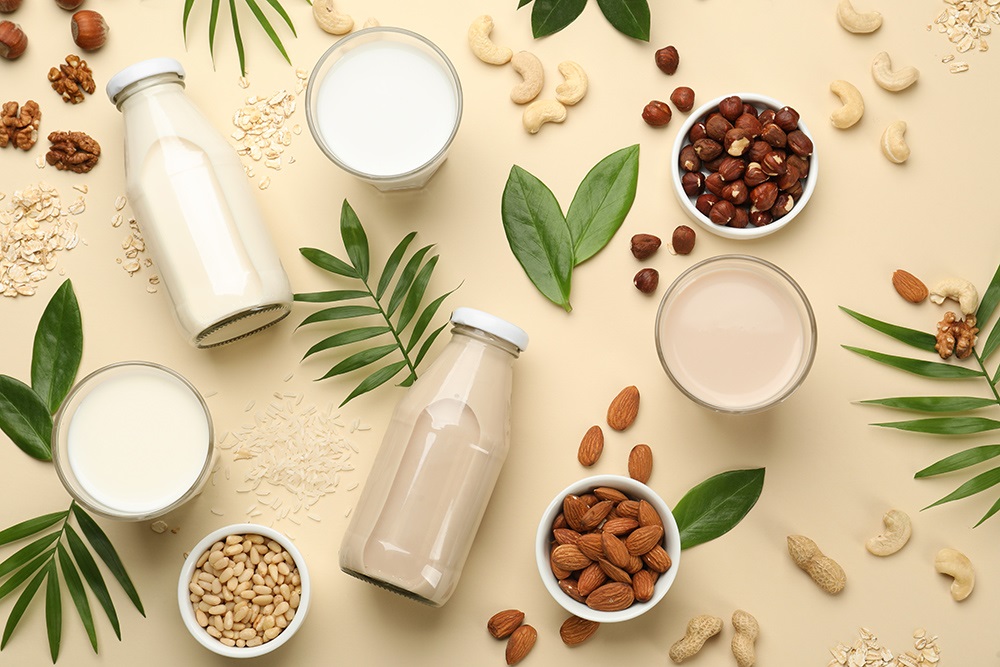
The Nutrition Lowdown: Fortified vs. Unfortified
Not all plant-based milks are created equal when it comes to nutrition. Many are fortified with calcium, vitamin D, and vitamin B12, nutrients that are essential for overall health and often lacking in unfortified plant milks. Choosing fortified options is especially important for vegans and those who don’t consume many animal products. However, it’s also crucial to be mindful of added sugars and thickeners, which are sometimes used to enhance the taste and texture of plant-based milks. Reading labels and choosing brands with minimal additives is always a good practice.
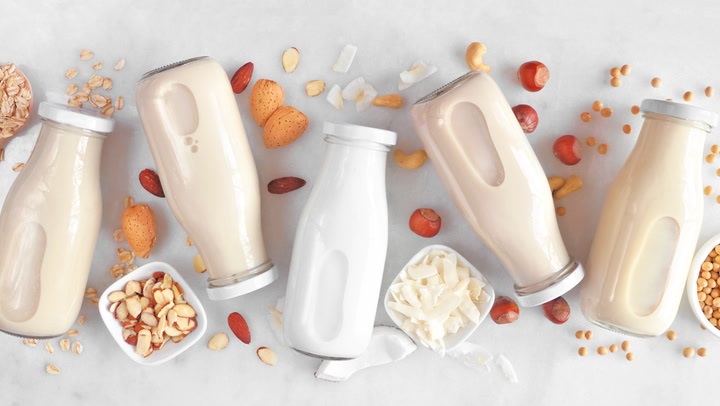
Choosing Your Perfect Milk Match: It’s All About You
With so many options available, how do you find your perfect plant-based milk match? It comes down to a combination of personal preference, dietary needs, and intended use.
-
Taste: What flavors do you enjoy? Do you prefer a nutty flavor (almond, cashew) or something more neutral (oat, soy)? Maybe you want a hint of sweetness (rice, coconut).
-
Nutrition: Are you looking for a milk that’s high in protein (soy, pea)? Do you need a good source of calcium and vitamin D (fortified oat, almond)? Are you avoiding certain ingredients like sugar or carrageenan?
-
Allergies: Do you have any nut allergies? If so, soy, oat, or pea milk might be better choices.
-
Intended Use: How do you plan to use the milk? Is it primarily for drinking, cooking, or baking? Some milks work better in certain applications than others.
Don’t be afraid to experiment! Try different brands and flavors until you find your perfect match.
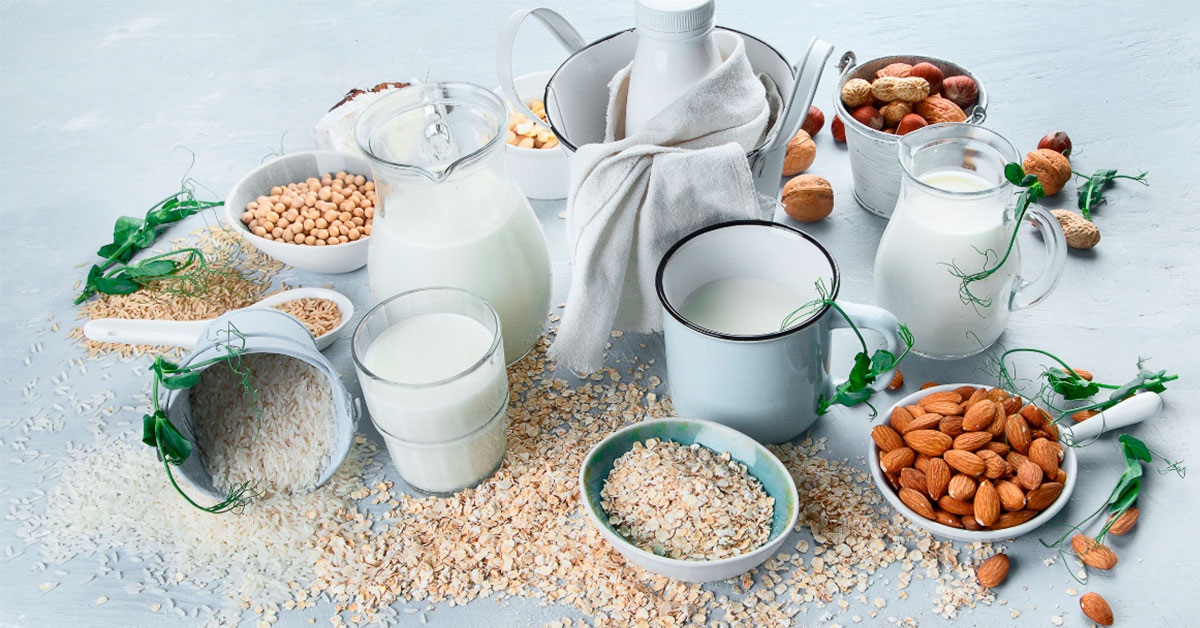
Milk Beyond the Glass: Cooking and Baking with Plant-Based Alternatives
Plant-based milks aren’t just for sipping. They can be used in a variety of recipes, from creamy soups and sauces to fluffy pancakes and decadent desserts. Oat milk is a star in coffee and baking, thanks to its neutral flavor and ability to create a creamy texture. Soy milk’s high protein content makes it ideal for vegan mashed potatoes and creamy pasta sauces. Almond milk can be used to make delicious smoothies and creamy curries. The possibilities are endless!
The world of plant-based milk is a delicious and nutritious one, with options to suit every taste and dietary need. Whether you’re lactose intolerant, vegan, or simply looking to shake things up, there’s a plant-based milk out there with your name on it. So go ahead, ditch the dairy and embrace the plant-powered revolution – your taste buds (and the planet) will thank you!

Hello, I’m Elaria Jackson, the author behind Vegan Castle. I have a background in Nutrition Science and Culinary Arts. I’ve studied the benefits of a plant-based diet and its impact on health and the environment. I’ve attended various vegan cooking courses and workshops. Through Vegan Castle, I share easy weeknight meals and decadent desserts. I aim to be a valuable companion on your vegan journey.
